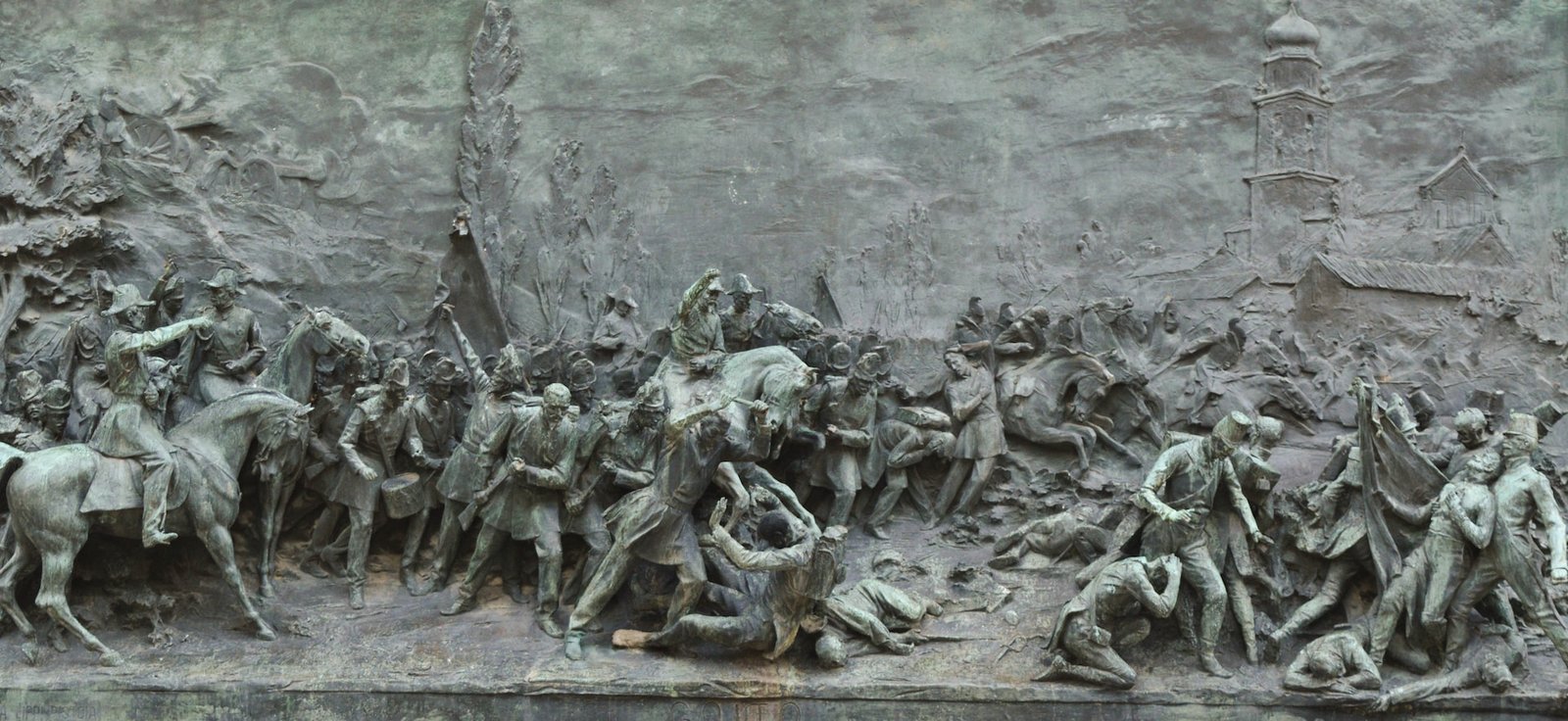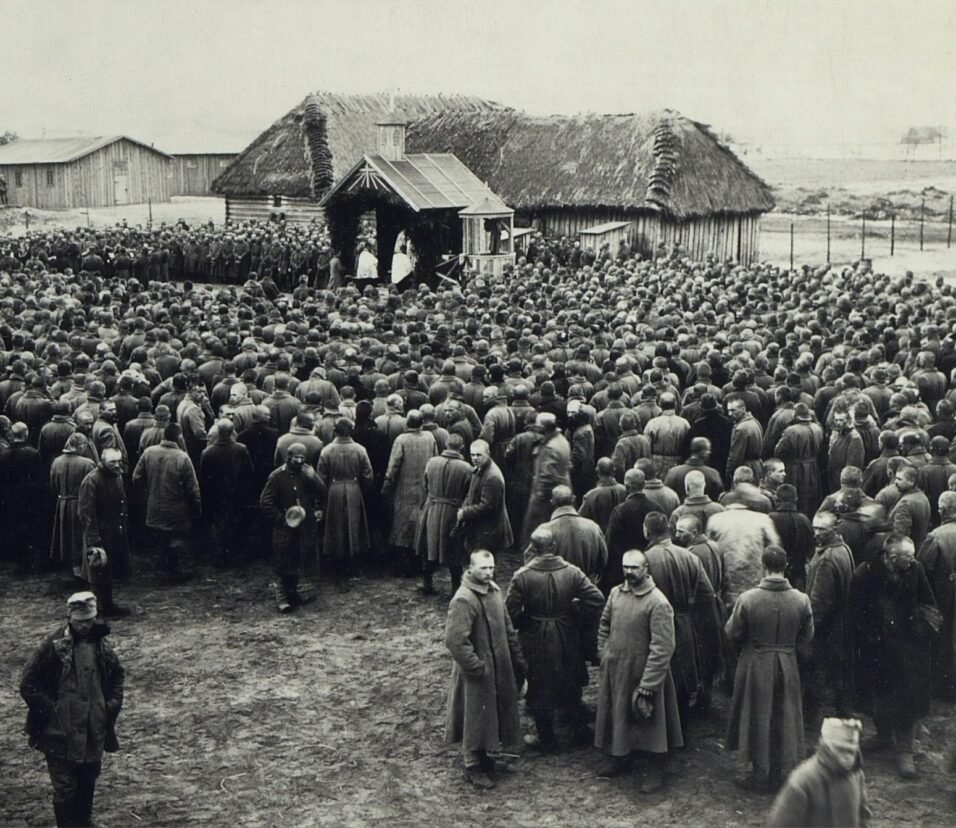Leading Figures of the Civil War
The Civil War, which lasted from 1861 to 1865, was more than just a big battle. It was a time when different beliefs, ways of life, and dreams came head-to-head. The key figures of this time didn’t just lead; they helped shape what America would become. By looking at their lives and impact, we can better understand a time when America was split but managed to come back even stronger.
Abraham Lincoln:
Abraham Lincoln, the 16th President of the U.S., is one of the most remembered leaders worldwide. When he became president in 1860, tensions between the North and the South grew even more. The Southern states, who strongly supported slavery, believed Lincoln’s leadership would challenge their way of life. As a result, they decided to separate, standing up for what they believed in.
Under Lincoln’s leadership, there was a strong and clear belief. He was firmly dedicated to ending slavery and keeping the Union together. In 1863, he made the Emancipation Proclamation, a big step that said over 3.5 million African Americans in the South were free. This meant that any African American who reached the North would be set free, changing the whole direction and meaning of the war.
Jefferson Davis:
Jefferson Davis was the only President of the Confederate States of America. He strongly supported the South’s way of life, including slavery. He had been a political leader for Mississippi in Congress and the Senate. On his big farm, he had more than a hundred slaves, showing how deeply he believed in this system.
Jefferson Davis led the Confederate States with firm determination, but his leadership style had its flaws. He often got too involved in small details and struggled to bring the Southern states together. His difficulties in working with his military leaders and disagreements with important generals and state governors added to the South’s problems during the Civil War.
Frederick Douglass:
Frederick Douglass, who had once been a slave, became a strong fighter against slavery. His powerful words and beliefs influenced many, including President Lincoln. Douglass strongly believed that African Americans should join the Union Army, and he shared this idea with Lincoln. More than just giving advice, Douglass was like a guiding light for Lincoln, always pointing towards the real reason for the war: freedom and equality for all.
Stonewall Jackson & Robert E. Lee:
The Civil War had some famous military leaders, and among them were Stonewall Jackson and Robert E. Lee from the South. People knew Jackson for being really smart in battle. They started calling him “Stonewall” after one particular battle where he stood strong like a wall made of stone. He was not only brave but also had a sharp mind for battle plans.
Lee was like the perfect example of a Southern gentleman and a skilled military leader. Even when things looked tough, Lee managed to lead his side to some big wins. He and Jackson worked really well together, making them a strong team in battles.
Ulysses S. Grant:
On the other side, there was the strong-willed General Ulysses S. Grant. He quickly moved up the ranks because of his smart strategies and never-give-up attitude. Grant led the Union to big wins in places like Vicksburg, Gettysburg, and Antietam. These wins weren’t just about beating the enemy; they gave hope and energy to the people in the North. After the war, Grant used his leadership skills in a new way and became the president in 1868.
Clara Barton:
During the tough times of the Civil War, one person stood out for her kindness: Clara Barton. She wasn’t a soldier or a politician, but she made a big difference. As a nurse, she saw how hard war was for the soldiers. But instead of staying away, she went closer, helping hurt soldiers even when battles were happening around her. Her bravery wasn’t about fighting; it was about caring for those in need. After the war, she continued to help by starting the American Red Cross, showing she was a true hero in helping others.
William Tecumseh Sherman:
General William Tecumseh Sherman was a key player during the Civil War. He believed that to really win against the South, the North had to do more than just beat their soldiers; they had to make them not want to fight anymore. So, he led a big march through Georgia where his soldiers destroyed a lot of things on their way. This move was risky and many people didn’t like it, but it played a big part in finishing the war quickly. It also showed how war strategies were changing.
Conclusion
To sum it up, the Civil War had many important people who all played a big part in shaping America’s story. They all helped shape a newer, stronger America that believed more in freedom and fairness for everyone. When we think about this time, we should remember not only what happened but also the people who made those things happen. This way, we keep their stories alive for the next generations to learn from.







